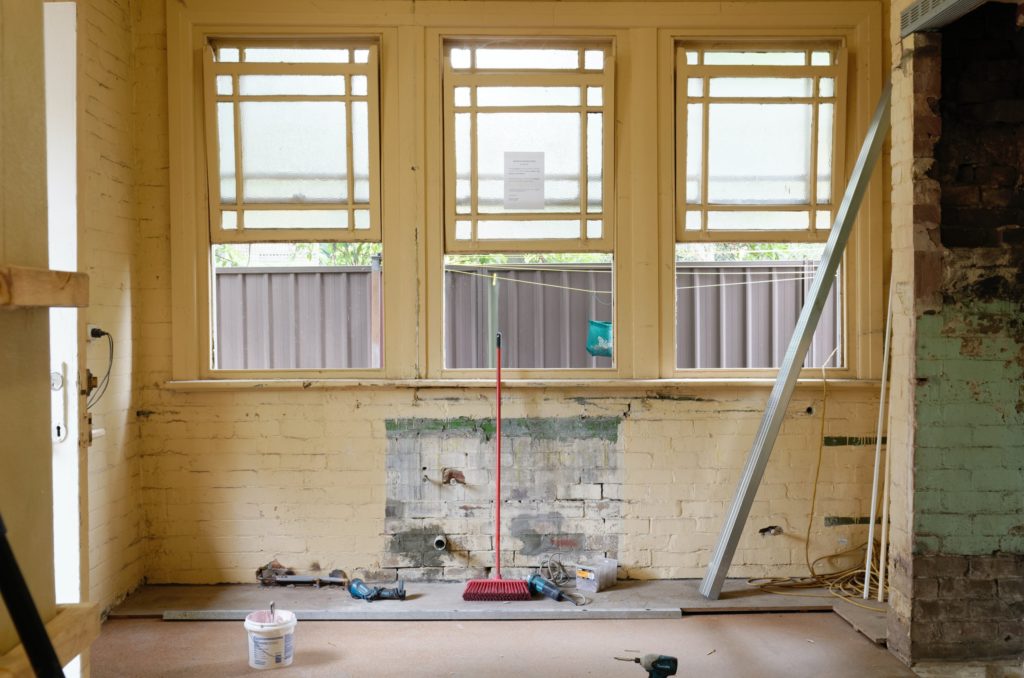Real estate has continually proven to be a great investment opportunity. As of late, many real estate investors have been gravitating toward short-term rentals like Airbnb and Vrbo properties to make a profit. Short-term rentals sound fantastic, but how do investors begin the process of financing short-term rentals with long-term financing? Read on to learn everything you need to know about securing housing loans for short-term rental investments.
Understanding Short-Term Rentals
The vacation rental industry is booming, and websites like Airbnb and Vrbo are making marketing vacation rentals easier than ever before. As a real estate investor, all of these elements make buying your first short-term rental an enticing consideration. However, before converting your next fix & flip or fixer-upper project into a dreamy vacation rental, you need to have a firm grasp of the home loans available to you.
Housing Loans for Short-Term Rentals
With any fix & flip or fixer-upper project, real estate investors have a variety of housing loans available to them. The following are the most common types of loans for fixer-upper or fix & rent projects that are intended to become short-term rental properties.
Traditional Financing
Of course, the most familiar home loan comes in the form of traditional financing from a financial institution. Often, traditional lenders look at two main factors for qualifying borrowers. These two factors include the borrower’s creditworthiness and individual income. Securing traditional financing from a bank is one way to obtain long-term financing for your short-term rental project.
Asset-Based Loan
Another option for securing long-term financing for your short-term rental project is an asset-based loan. In asset-based home loans, the borrower’s income and debt-to-income ratio are not considered. Instead, lenders look at the income of the rental property and calculate the debt service coverage ratio or DSCR. While asset-based loans are a great option, borrowers should keep in mind that this type of loan often comes with a higher down payment.
Hard Money Loan
Unlike the home loans mentioned above, hard money loans are more of a short-term loan option. While they can still be utilized to finance short-term rental property projects, they are seen as a last resort in almost all real estate endeavors. Hard money loans are secured by the actual property rather than the borrower’s personal property or income level. While there are certain scenarios where hard money loans prove beneficial, this type of home loan is usually not the best option for financing a short-term rental property.
Private Loan Providers
A final home loan option for financing a short-term rental property is one from a private loan provider like Lendmarq. Private loan providers usually have more flexibility in their lending opportunities. Lendmarq can provide 90% of the total project cost and 100% of any needed renovation costs. The upside is that borrowers only have to pay interest on the drawn funds, so they don’t have to pay interest on the whole amount until the property is ready to be rented, bringing in the income needed to help pay the loan. Lendmarq has loans available from $75,000 up to $3 million, and borrowers just need a FICO score of 650 or up to qualify.
What To Know Before Getting Started With Short-Term Rentals
New investors don’t always understand that investing in short-term rentals requires a larger down payment than owner-occupied homes, so borrowers should understand that you need to have more money available for the down payment, at least 20% of the purchase price.
If you don’t live in the same area as your short-term rental, you also need to be able to afford to contract with a good management company to manage your short-term rental. The most important thing is to research the market and use techniques to attract renters to your short-term rental.
Maintenance costs are usually more for short-term rentals as well, as short-term rentals need to be cleaned between renters, and repairs may need to be made during that time as well. It is important to know before investing in the property if there are any regulations against short-term rentals and to understand that short-term rentals often have off-seasons where it may be more difficult to keep the property rented.
In addition, here are some elements to keep in mind when considering financing options for your first short-term rental project:
- If the property is not used as an Airbnb rental already, DSCR will be computed on long-term market rents.
- If the property has been used as a short-term rental for over a year, then historical income statements from the short-term company (Airbnb or Vrbo) can be provided to compute long-term market rents.
- If the property has been owned for less than a year, then the leverage may be reduced and the property treated like it is vacant for underwriting, and long-term rents would be used to compute the DSCR.
- If you’re ready to secure a home loan for your next short-term rental property, contact Lendmarq today!




